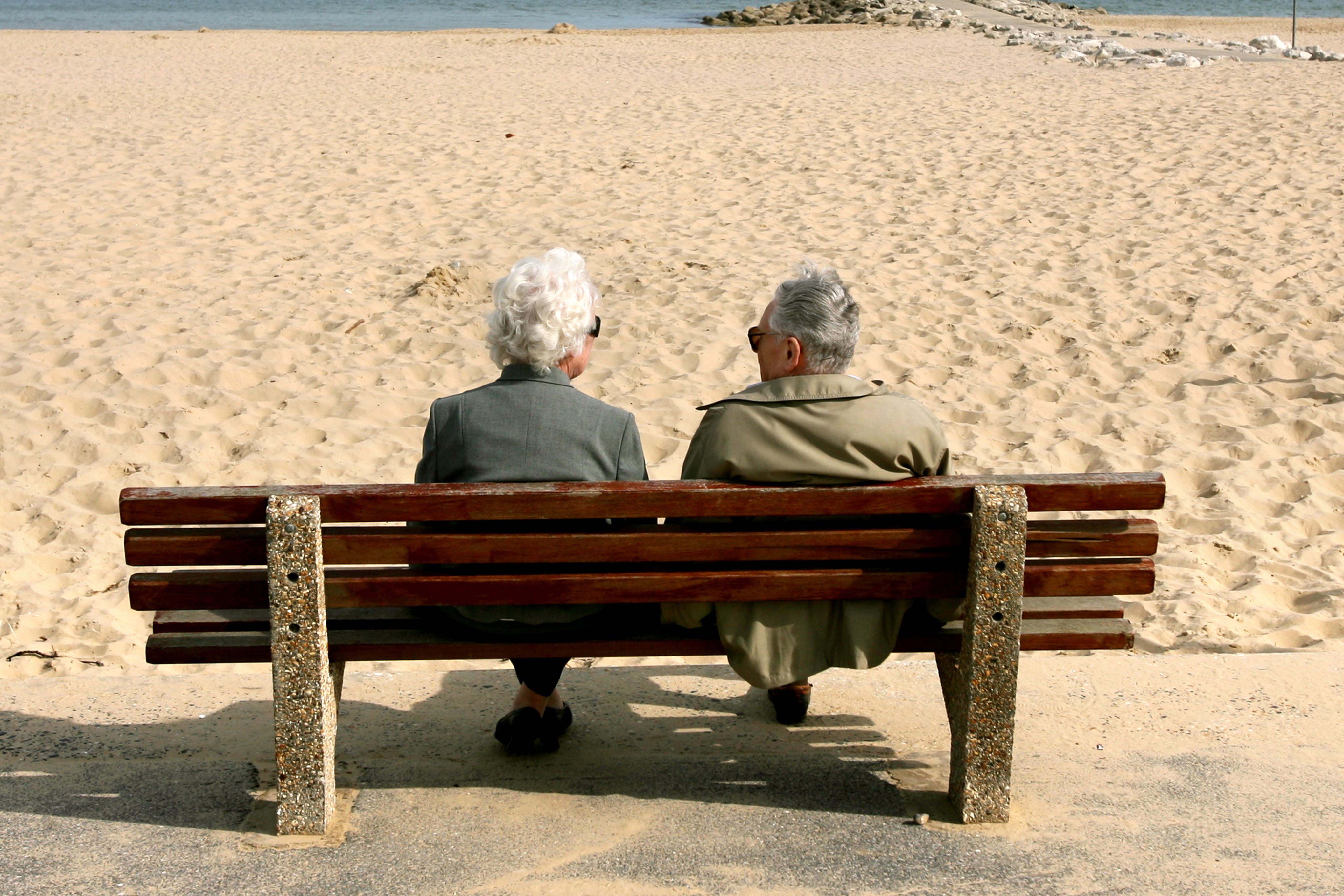‘Old favourites more meaningful than novelty’ for those nearing end of life
Researchers say their findings contradict the idea of a bucket list where people pursue things they have never done before but always wanted to.

Your support helps us to tell the story
From reproductive rights to climate change to Big Tech, The Independent is on the ground when the story is developing. Whether it's investigating the financials of Elon Musk's pro-Trump PAC or producing our latest documentary, 'The A Word', which shines a light on the American women fighting for reproductive rights, we know how important it is to parse out the facts from the messaging.
At such a critical moment in US history, we need reporters on the ground. Your donation allows us to keep sending journalists to speak to both sides of the story.
The Independent is trusted by Americans across the entire political spectrum. And unlike many other quality news outlets, we choose not to lock Americans out of our reporting and analysis with paywalls. We believe quality journalism should be available to everyone, paid for by those who can afford it.
Your support makes all the difference.People tend to choose the comfort of familiar experiences over new and exciting ones once they reach their twilight years, research suggests.
The behavioural experts said their findings, published in the Journal Of Personality And Social Psychology, contradict the idea of pursuing a bucket list – a list of things a person has not done before but wants to do before dying.
The researchers believe that the work could help people better manage their time to maximise their enjoyment of experiences by nudging themselves towards the comfort of something well-known, rather than the excitement of something novel.
Yuji Katsumata Winet of the University of Chicago Booth School of Business in the US, is one of the authors on the paper, and said: “Our findings unveil nuance to what people really mean by ending on a high note.
“Endings tend to prompt people to think about what’s personally meaningful to them.
“People like ending things on a meaningful note as it provides psychological closure and in most cases, old favourites tend to be more meaningful than exciting novelty.”
People like ending things on a meaningful note as it provides psychological closure
As part of the study, the researchers recruited nearly 6,000 people who took part in eight experiments.
The experts looked into whether people tend to prefer new and exciting experiences, such as trying a new restaurant, or familiar ones, such as returning to an old favourite.
They also explored whether the participants’ preferences shift with the amount of time they believed they have left to enjoy similar experiences.
The team found that “perceived endings” affected the choices the participants made by returning to an old favourite deemed meaningful.
Study co-author Dr Ed O’Brien, also from the University of Chicago Booth School of Business, said: “The research is especially interesting because on the surface, it runs counter to the idea of the bucket list whereby people tend to pursue novelty – things they’ve never done but have always wanted to do – as they approach the end of life.
“Here we find that, at least in these more everyday ending contexts, people actually do the opposite.
“They want to end on a high note by ending on a familiar note.”